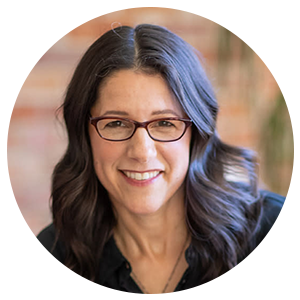Embracing a Life of Mistakes and Apologies: Taking the Easy Route
A client reached out this week that I helped 15 years ago when she was a troubled teen. She’s 30 now, doing great, and thanked me for something I’d taught her. It had turned her life around.
What I taught her was such a small point I don’t even remember talking about it. But I can see how much it clicked for her, and how it started a transformation in her chemistry and emotional habits.
She had severe anxiety, was so stressed she pulled all her eyebrows out, regularly exploded at her boyfriend, her parents, and her teachers. She was hostile, angry, explosive, and hated herself for it.
She hoped that by coming to me, she could get rid of the stress, calm things down, and teach her new ways of coping with life. And that did happen, but it happened as a ‘side-effect’ of learning something smaller that sounds a little trivial: the power of cleaning up her messes.
If you have a partner, a family member, or a friend you’re close with, it’s because you’ve cleaned up your messes. Maybe not all of them, or even most of them, but some of them. Otherwise, people don’t stick around.
All of us have our ups and downs, we say things we don’t mean, and the ugly side of us comes out. That’s a normal human thing we can’t avoid, and it doesn’t mean we’re broken.
We have spiritual ups and downs in exactly the same way we have physiological ups and downs – our immune system gets weak, we catch colds, and then we recover.
The more we’re comfortable with that system, the more graceful we become.
It does something for us to accept and forgive the fact that we get moody and make mistakes, blurt things we don’t really mean, or pick fights.
Acceptance allows us to focus on cleaning up, apologizing, or being extra thoughtful to let the person know you still care.
Learning to apologize, rather than trying to be perfect, shaming ourselves, or judging our mistakes allows us to take our human weaknesses and imperfections in stride.
We recover faster, learn faster, and become more accountable within ourselves and in our relationships over time.
It’s a small step toward a nicer life, and we can start anywhere, anytime.
For troubled teens, having a place to start that’s familiar to them and within reach brings immediate hope and results. That’s what they’re looking for.
That’s what today’s video is about.
By the way, this topic is also something that’s transformed a lot of couples I’ve worked with, including many of the brink-of-divorce couples. That’s a topic for another post but this is something that everyone struggles with, and everyone can benefit from.

erika bugbee
I’m a global coach who works with teens, individuals, couples, and practitioners that are open and motivated to change.

